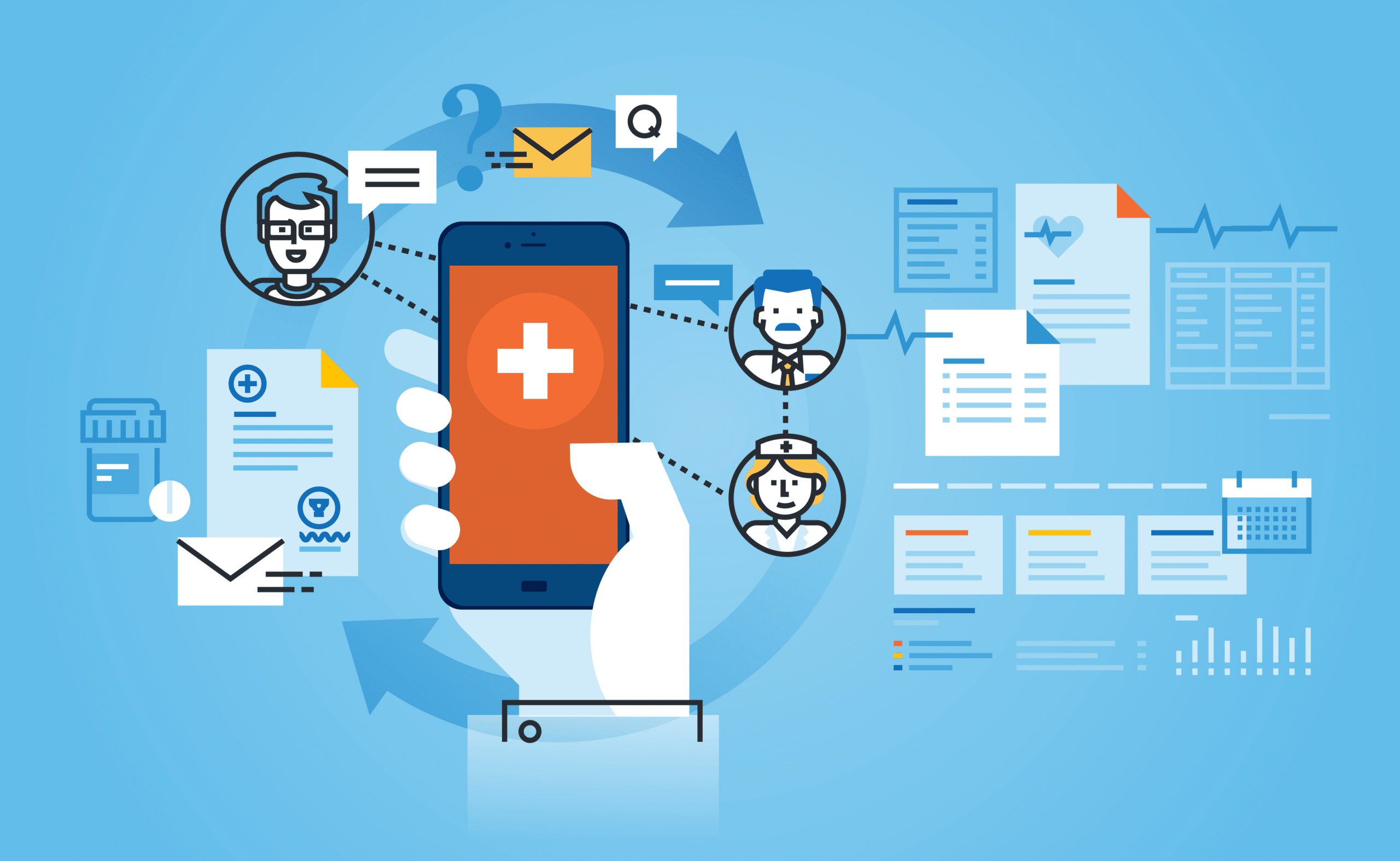The medical device industry is facing many changes in the next few years. In the midst of meeting new regulations and guidelines in the EU, how can this industry keep up with current trends in technology? And how can the voice of the customer help drive innovation?
Like most things these days, the answer lies in data.
Collecting and categorizing existing data
There is an inherent set of data that each company in the medical device industry likely has — things like device IDs and product usage, detailed inventory lists, required product information, order numbers, and supply chain. Organizing and storing this data in one searchable location can help make sense of existing trends, needs, and knowns.
Once all known information is accounted for, it’s time to move on to unknown data aspects. And there’s no one better to provide feedback about your products and devices than those using them. Collecting info on your customer’s experience is easy; the challenge is in integrating, mining, and distilling it down for learnings that drive innovation. How do you use the power of a CRM such as Salesforce to transform your info into quantifiable data to manage, triage, and improve your products?
Complaint management: leveraging customer comments and concerns
The old saying “no news is good news” doesn’t hold true in today’s world of innovation and customer experience. With all of today’s media channels, consumers are using websites, Instagram, Facebook, email, and live chat to communicate feedback. Though it’s becoming easier for consumers to communicate, it can be challenging if companies don’t have the appropriate technology to capture the different means of communication.
Leading innovators know that complaints are just as valuable, if not more so, than compliments. Understanding what isn’t working, what continually fails, and what would better serve a user is the best way to move toward improvement. But to better understand, first you need to collect data into one usable format. Harnessing the power of Salesforce makes it easy to:
- Handle complaint management
- Record case intake
- Triage cases
- Gain global and granular insight by tracking individual issues and monitoring common occurrences
Implementing a complaint management flow in Salesforce that triggers as soon as an event is entered in the system can have a great impact for consumers. Investing in the appropriate technology can save money in the long run, especially as compared to the cost of recalls. Capturing product complaints before they have any adverse events or before remediation can save lives.
The power of real-time complaint management with Salesforce
For example, someone with diabetes calls in to troubleshoot their pump — maybe the screen was malfunctioning. As soon as the medical device company rep answers the phone, they can start documenting the call, the malfunction, and suggested remediations into Salesforce. Salesforce is then used to triage that case: What was the result of the malfunctioning screen? Did it cause someone to have too much insulin? Did they wind up going to the hospital? Or was it just a matter of the screen going blank and after live troubleshooting it came back?
Another extreme example is product recalls. Recently, a batch of resuscitation devices had a manufacturing error wherein extra plastic material in the oxygen output connection had the potential to reduce or block the flow of oxygen to the patient. If blocked, the connection would delay or restrict the ability to provide necessary ventilation to the patient — potentially resulting in serious patient injury, such as inadequate oxygen supply (hypoxia), or death. The FDA identified this error as a Type 1 Recall. Thanks to the quick action of all parties involved, the product manufactured between February 5 and February 28, 2018 was recalled — all 15,714 units nationwide.
When used to collect cases, Salesforce can help escalate any type of complaint that needs more attention or should be tracked through remediation. Over time, the data collected helps provide a bigger picture for successes and areas of improvement within the medical device industry.
Informed decisions through applied customer data
This collected information can help in times of big decisions. Should a company issue a recall? Do instructions need to be written more clearly? Is it time to push out a new version for updates?
Combining existing information with collected user experiences makes for stronger and safer medical devices, and builds a community of trust between producers and users.
See how Silverline can help you take your data further with our medical device and supply solutions.




